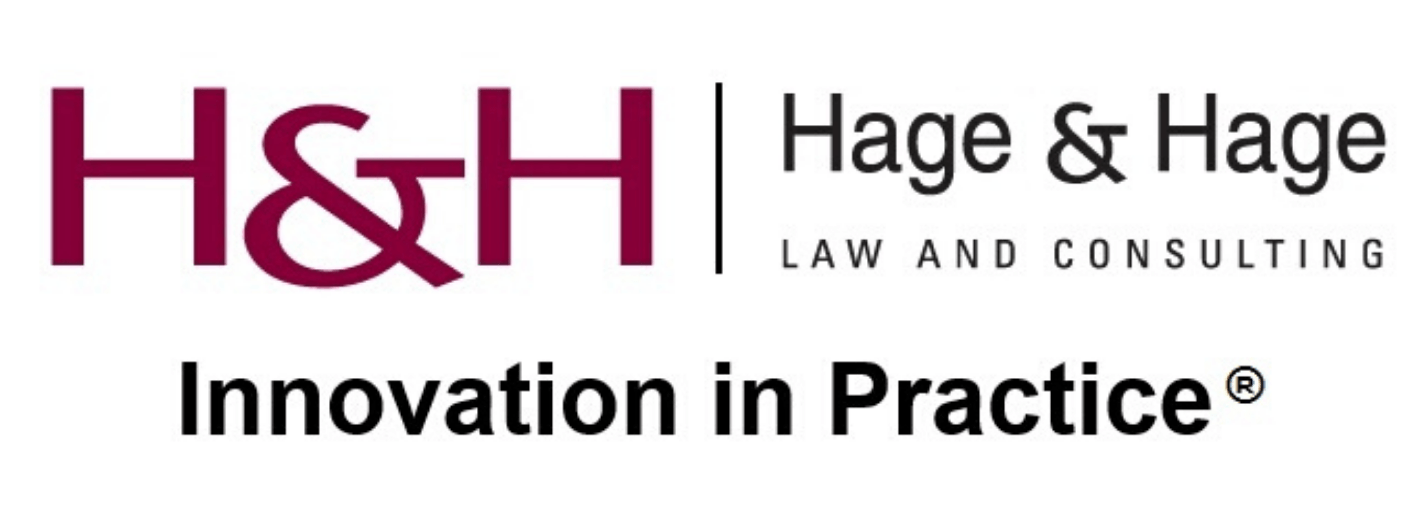Blog Layout
So, You Started a Business, Now What?
hagelaw • Jan 31, 2018
You did it. You took your hobby, your passion, your part time side job and turned it into a career. Congratulations! Along the way, someone probably told you to incorporate or form an LLC to protect you and your family. You then paid an attorney or, more likely than not these days, a web-based legal service site to draft, file, and publish the necessary documents and notices. You may even have a shiny new binder with your company name on it and legal-looking documents inside as well. So, you and your family are protected now, right?
In many instances, the answer is no. Simply organizing an entity is only one, but certainly not the only thing you should do to ensure you will have the protection of NY’s business laws. Have you ever heard the phrase “pierce the corporate veil?” It describes what happens when a court disregards your business entity form because the business owner fails to follow the formalities of owning a NY business entity. In short, if the “veil” is pierced, then the owner, shareholder, director, or member is held personally liable for the debts, obligations and liabilities of the entity.
So, what should a business owner do to insulate him or herself from liability? Hage & Hage has long experience in advising business owners on avoidance of liability and exploitation of opportunity.
Some of the most common errors businesses make include:
- Failure to follow formalities which include, but are not limited to, failure to keep entity records, hold annual meetings, take and adopt minutes, adopt bylaws or an operating agreement, electing directors and officers, and issuing stock.
- Failure to supply adequate capital – in all its forms. You need money to start a business, but you also need money to stay in business. Leaving a business without the means to support its day-to-day activities and/or future growth is a tell-tale sign of abuse of the corporate form and its protections. Take distributions, dividends, and certain bonuses only when there is a surplus, and only when doing so will not hurt the business.
- Failure to separate business and personal assets. Keep separate accounts for the business and personal banking. Don’t use corporate funds to purchase personal items. If you must do so, repay the corporation as soon as possible.
- Failure to pay annual taxes and fees. Business entities, like individuals, must pay taxes. Depending on the type of entity, the business may be required to file annual tax returns. Further, New York business entities must pay annual fees to New York State.
- Failure to obtain the requisite business licenses.
- Failure to segregate personal assets from entity debts.
- Failure to consider also, unemployment, worker’s compensation, and disability insurance benefits for those businesses which qualify. These requirements could subject a new business to crippling fees and penalties if not strictly followed.
At Hage & Hage, we offer a wide range of services to our business clients. We can help guide you through the process of starting your own business, the proper entity formation procedures, and advise on what is expected of you as a business owner to adequately protect you and your family. Contact us today for an initial consultation.
Browse Our Website
Contact information





Business hours
- Mon - Fri
- -
- Sat - Sun
- Closed
Call to Schedule an Appointment
Hage & Hage LLC is located in Utica, NY and serves clients throughout North and South America. Areas including Buffalo, Rochester, Syracuse, Albany, Utica, Washington Mills, New Hartford, Yorkville, Sauquoit, Frankfort, Marcy, Oriskany, Clinton, Whitesboro, Herkimer County and Oneida County.
Hage & Hage LLC is of counsel to Lukas, LaFuria, Gutierrez & Sachs, LLP | 8300 Greensboro Drive, Suite 1200. Tysons, VA 22102 | (703)584-8678
Attorney Advertising. This website is designed for general information only. The information presented at this site should not be construed to be formal legal advice nor the formation of a lawyer/client relationship. [ Do Not Sell My Personal Information
] [ Site Map
]
Content, including images, displayed on this website is protected by copyright laws. Downloading, republication, retransmission or reproduction of content on this website is strictly prohibited. Terms of Use
| Privacy Policy

